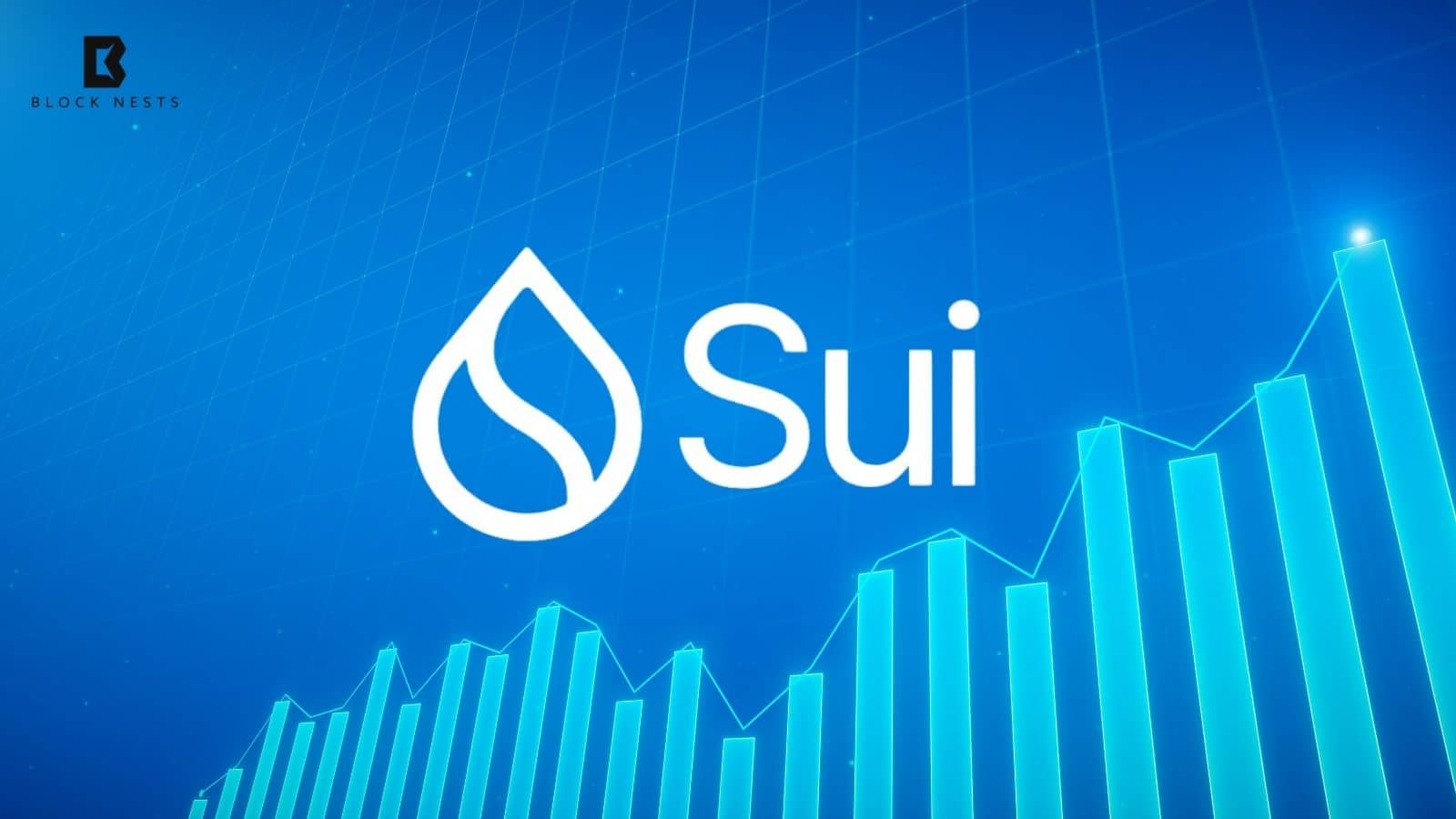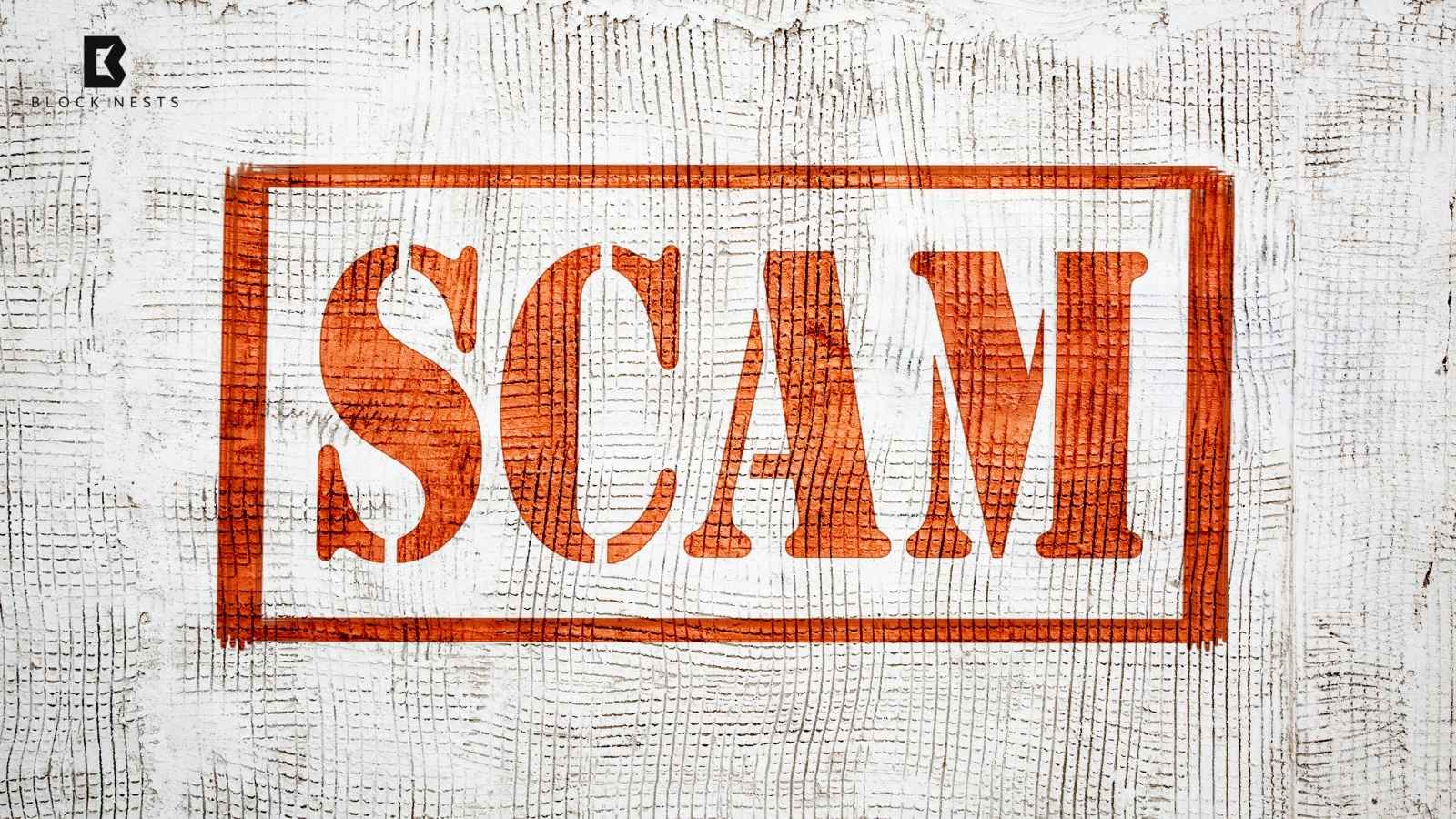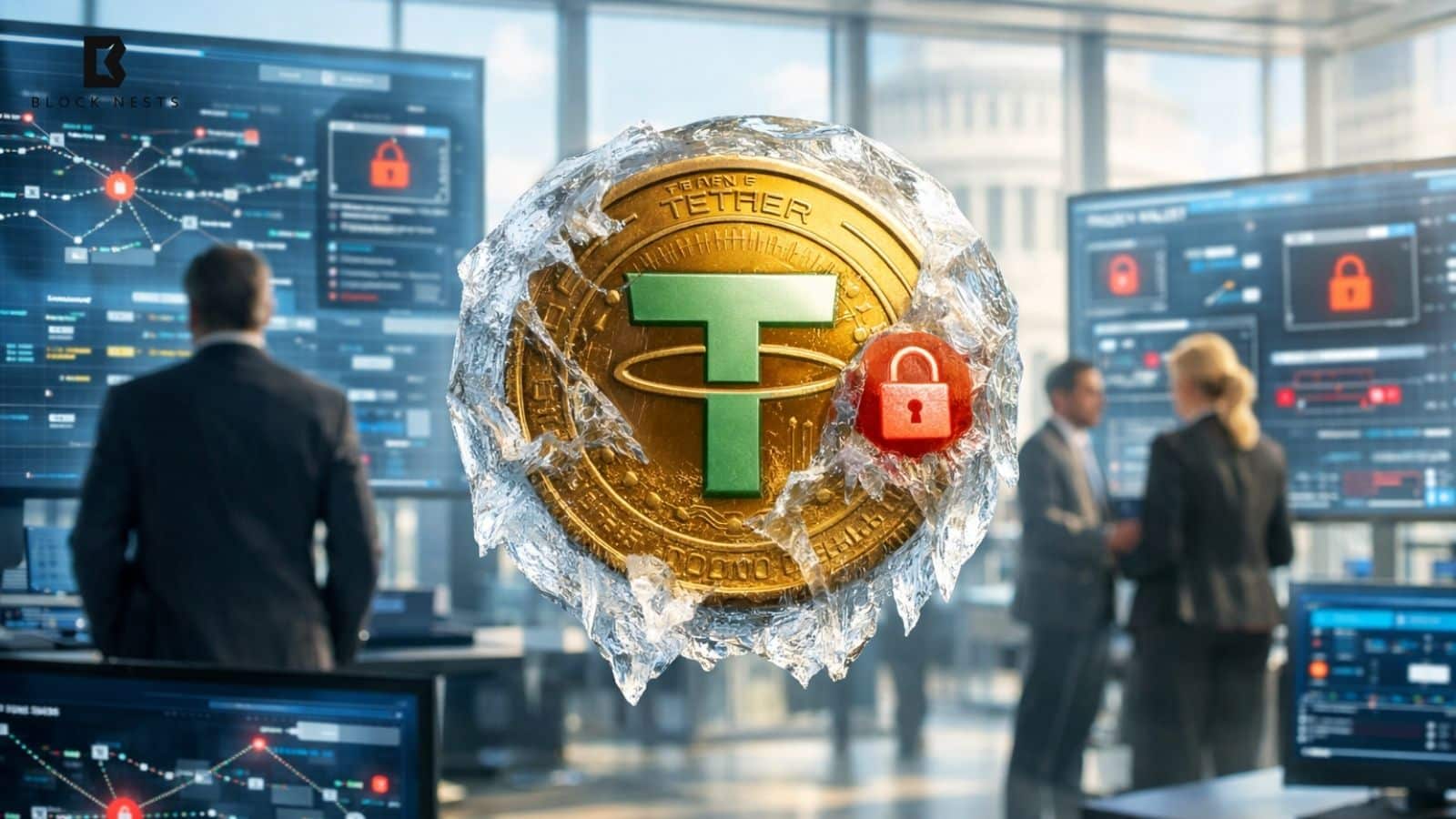- ETH appears on the FSA’s approved list.
- The government could approve the plan in early 2026.
- Japan expects tax parity between crypto and stock trading.
Japan’s main financial regulator has signaled a major change in how the country treats digital assets. The Financial Services Agency plans to reclassify 105 cryptoassets, including leading crypto coins like Bitcoin and Ethereum, as financial products.
🇯🇵 Japan is making major crypto moves.
— CryptoPotato Official (@Crypto_Potato) November 17, 2025
According to Asahi, the FSA has finalized plans to:
•Reclassify 105 cryptocurrencies (incl. BTC & ETH) as financial products
•Add new disclosure rules + insider-trading safeguards
•Slash crypto taxes from up to 55% → 20%, aligning with… pic.twitter.com/6LlOyGZAc2
This news is sparked by information regarding a regional news story that provides a structure initiated by this agency early on. The purpose is to synchronize digital assets into more conventional investment approaches and minimize taxation imposed on traders.
The plan would categorize these assets under the Financial Products Transaction Act. This is because it would enable regulators to treat these assets using the rules currently applied to stock brokerage services. This is also part of an effort to improve regulation on a sector that has long called for reforms.
New Crypto Tax Plan Aligns With Stock Market Rules
The taxation of crypto gains is treated as miscellaneous income within Japan. This implies that traders are liable to pay taxes at a 55% rate within the highest bracket. This has been termed as rather heavy and outdated by many crypto traders within Japan. The FSA is seeking to change this to a capital gains tax.
The new policy will impose a standard 20% tax rate on profits realized from 105 approved coins. This policy standardizes digital assets’ trade activity to comply with stock market regulations by offering a level playing ground to traders. The agency will also request the government to allow tax reliefs prior to the next taxation year.
The final approval process is expected to proceed during early 2026 after agreement on the plan is reached by all concerned parties. The approved list is produced after the FSA reviewed each project with specific selection criteria.
These factors included project transparency, financial stability on the part of the issuer, technology strength, and the level of price volatility. This model gives the agency the ability to screen out poor and poor-quality projects while also promoting assets with a track record.
Stronger Controls and a Push Against Insider Trading
The regulator is also planning to introduce new regulations to curb insider trading within Japan’s crypto market. The regulations are intended to cover individuals and organizations that have access to information about digital coins and/or Japanese exchanges.
The rules will make such parties prohibited from engaging in token trade while they have any unpublished information. This information could entail unpublished dates on listings or unpublished information regarding an issuer’s finances. Japan already has a self-regulatory system called Japan Virtual Currency Exchange Association that has a green list consisting of very trustworthy assets.
The list is currently comprised of 30 tokens, including BTC, ETH, MATIC, XRP, and LTC. The list is very selective with a long list of conditions to be part of this group. The FSA is working to finalize proposals on what they will present during the 2026 budget session, which will happen within the first weeks of the year.
Related Reading: Bitcoin Faces Crucial Test: Can the Death Cross Spark a Surprising Reversal?
How would you rate your experience?






